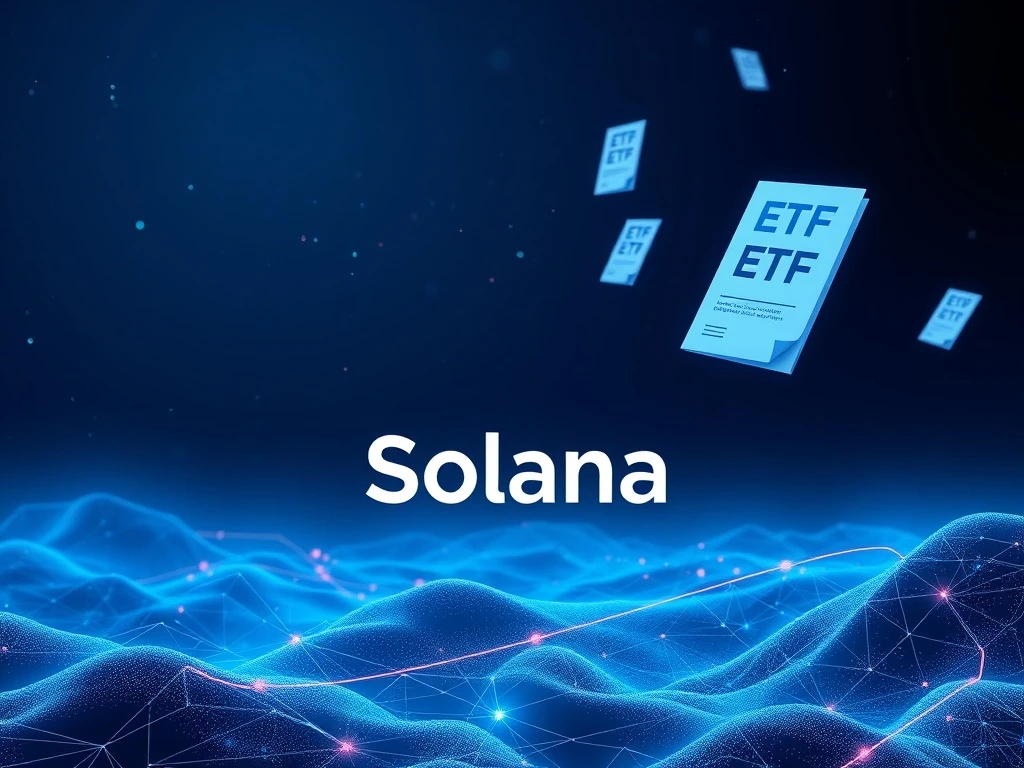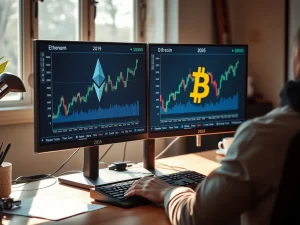Solana ETF Breakthrough: Cboe’s Bold Move for Invesco Galaxy Amid Regulatory Shifts

Exciting developments are unfolding in the crypto world as Cboe BZX files for the Invesco Galaxy Solana ETF, potentially revolutionizing how investors access $SOL. This move could mark a pivotal moment for Solana and the broader cryptocurrency market.
What is the Invesco Galaxy Solana ETF?
The Invesco Galaxy Solana ETF is a collaborative effort between Invesco and Galaxy Digital to provide a regulated gateway for institutional and retail investors to gain exposure to Solana’s native token, $SOL. Key features include:
- Tracking the Lukka Prime Solana Reference Rate for transparent pricing
- Support for cash and in-kind creation/redemption of shares
- Potential staking of Solana holdings for additional yield
How Cboe’s Filing Could Accelerate Solana ETF Approval
Cboe has proposed rule changes that might fast-track the approval process:
| Key Date | Event |
|---|---|
| March 17 | CME Solana futures launch |
| September 17 | Potential ETF approval date |
This mirrors previous crypto product approvals where a six-month buffer was required after futures launch.
Regulatory Challenges for Solana and Crypto ETFs
The SEC remains cautious about crypto ETFs, as shown by:
- Delays for Ethereum staking ETF (September 25)
- Postponement of Truth Social Bitcoin ETF (September 18)
- Extension for Grayscale’s Solana Trust (October 10)
Proof-of-Stake Concerns and Solana’s Ecosystem Growth
While Solana’s ecosystem grows with innovations like Liquid Staking Tokens ($jitoSOL), concerns remain about:
- Centralization risks in PoS networks
- Market manipulation potential due to limited trading history
- Validator concentration issues
Frequently Asked Questions
Q: When might the Solana ETF be approved?
A: If Cboe’s proposed changes are accepted, approval could come as early as September 17.
Q: How will the ETF track Solana’s price?
A: It will use the Lukka Prime Solana Reference Rate, updated every 15 seconds from major exchanges.
Q: Can ETF shares be staked?
A: Yes, a portion of holdings may be staked through trusted providers for additional yield.
Q: What are the main regulatory hurdles?
A: The SEC is scrutinizing spot-based crypto exposure and potential investor risks.










